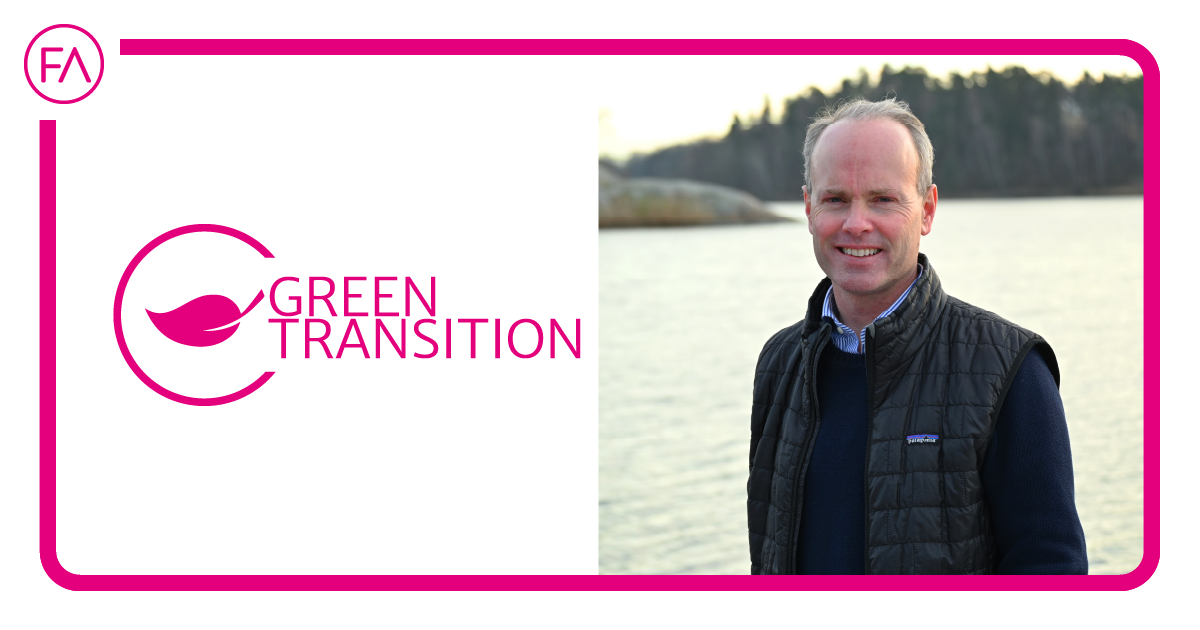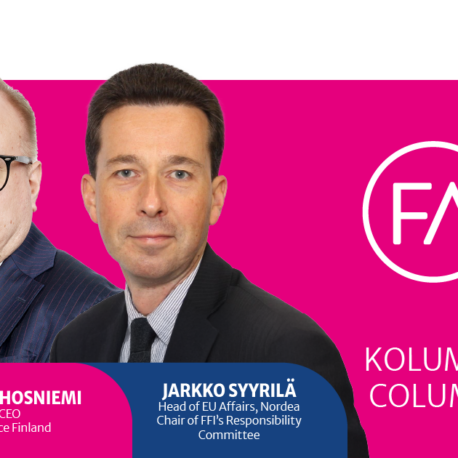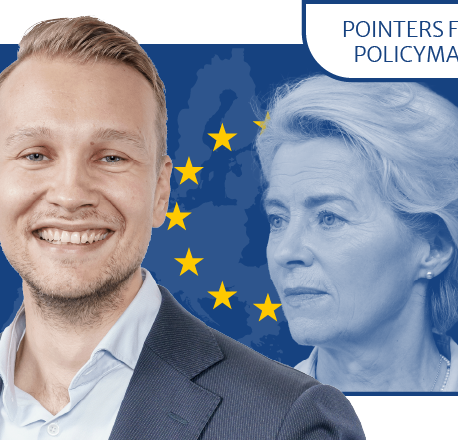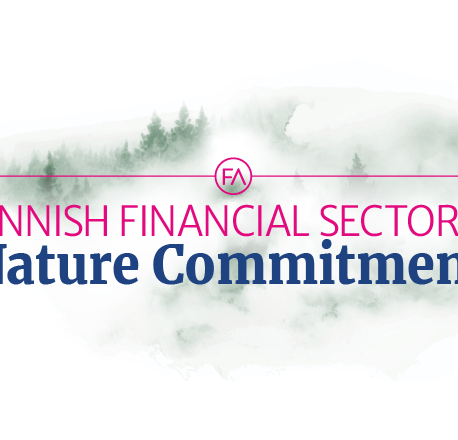
- Non-life insurers generate emissions indirectly through their insurance and investment activities, but another source of emissions is the claim compensation process.
- If P&C encourages its vehicle repair partners and other contractors to reduce their emissions and to repair rather than replace, where possible.
- This article is part of an article series showcasing Finance Finland member organisations’ concrete actions to promote the green transition.
When an insurance company sets out to reduce its carbon footprint, investments are the obvious first target on the list: the bulk of any financial sector company’s carbon emissions results indirectly from investments.
Non-life insurance is no exception. With this in mind, the pan-Nordic insurer If P&C is setting climate targets for its investment portfolio. According to If’s Head of Sustainability Philip Thörn, another significant source of emissions are the goods and services purchased in claims handling.
“The heart of non-life insurance lies in covering losses and damages after events such as road accidents or residential water leaks. Last year, our vehicle and property repairs generated more than 88,000 tonnes of CO2e emissions. We can make an important difference by requiring and supporting our claims contractors to work ambitiously on sustainability.”
If’s Supplier Code of Conduct defines the minimum requirements that suppliers must respect in addition to sector-specific additional environmental requirements. A part of If’s Sustainability Policy, the Code covers human rights, labour rights, anti-corruption and environmental sustainability. Vehicle repair contractors, for example, are required to prioritise repair and reuse over the use of new parts. The expected levels of plastic repairs and used parts are monitored and reported regularly.
“We encourage our partners to reduce their emissions, and they have not shied away from the challenge. In 2023, our vehicle repair contractors reused more than 3,700 tonnes of plastics and metals instead of using brand new spare parts”, Thörn says with pride.
If cooperates closely with its partners in reducing material use and emissions. The company has more than 4,000 vehicle and property repairs contractors in the Nordic countries, and it purchases materials and services within the Nordic motor and property segments for a total worth of €950 million per year.
Regular monitoring by means of reporting and on-site meetings ensures that If’s suppliers comply with the requirements in the Supplier Code of Conduct. If the supplier deviates from the requirements for some reason, they will be asked to provide a corrective action plan for If to approve. In the event of material breaches of the responsibilities outlined in the code, the contract can be terminated.
”By actively requesting innovative solutions, resource efficiency, transparency and responsibility from our suppliers, we aim to minimise our negative impact and stimulate sustainable production and consumption”, Thörn explains.
Thörn says the same requirement applies to investees – and even clients.
“The commitment to responsibility that we require from our operations, partners and investments also extends to our corporate clients. They, too, must respect human rights and labour rights, preserve the environment and work to curb corruption.”
Still have questions?
|Contact our experts
Looking for more?
Other articles on the topic

Hooray for simplifying regulation! But obligations must be streamlined thoughtfully, without compromising environmental goals

Preventing biodiversity loss must be given top priority – also in business

Sustainable finance reporting requirements must not be reduced at the expense of the environment

Finnish financial sector signs nature commitment to enhance the transparency of its biodiversity action




